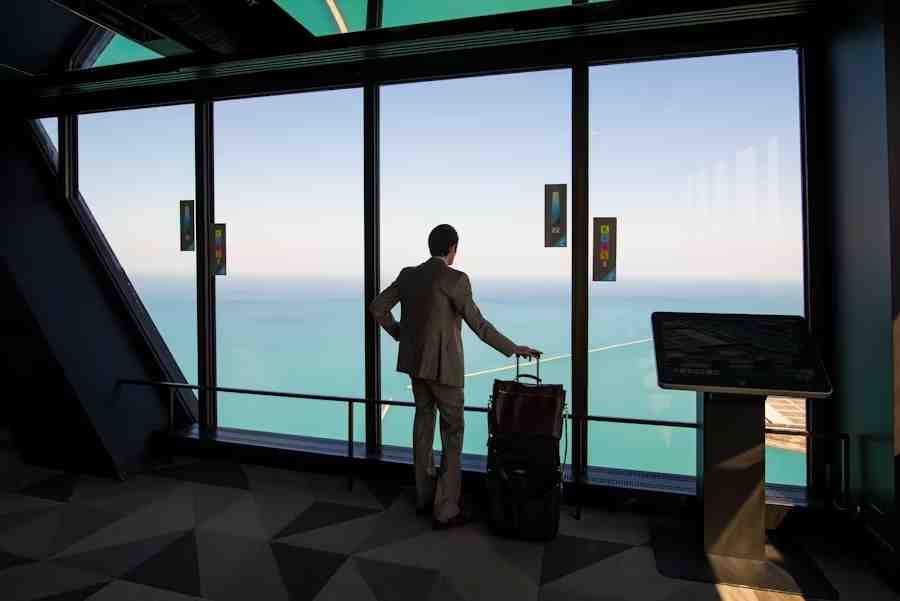The Rise of Bleisure: Blurring the Lines Between Business and Leisure Travel
Industry Insights

One of the most significant and lasting trends to emerge in corporate travel is the rise of "bleisure"-the practice of blending business travel with leisure time. A trip for a three-day conference in a new city might now be extended by a day or two, allowing the employee to explore and enjoy the destination on their own time. This is not just a niche perk for a few senior executives; it has become a mainstream expectation, particularly for Millennial and Gen Z employees who prioritize work-life integration and valuable experiences.
For companies, embracing bleisure travel is a powerful, low-cost way to enhance employee satisfaction, combat burnout, and create a more attractive company culture. It is a clear signal that the company trusts its employees and is invested in their well-being.
The Benefits of a Bleisure-Friendly Culture
- Improved Employee Well-Being: Constant business travel can be grueling. Allowing an employee to decompress and enjoy their surroundings after their work is done can significantly reduce travel-related stress and burnout.
- Enhanced Talent Attraction and Retention: In a competitive job market, a flexible bleisure policy can be a key differentiator. It shows that you are a modern, employee-centric company that understands the importance of work-life balance.
- Increased Productivity: A traveler who has had a chance to recharge is often more creative, engaged, and productive upon their return. The cultural experiences gained can also lead to new perspectives and ideas.
Key Considerations for a Bleisure Policy
While the benefits are clear, managing bleisure travel requires a formal, well-defined policy to ensure clarity on expenses and liability.
- Expense Management: Your bleisure policy must clearly delineate what the company pays for.
- Flights: The standard practice is for the company to pay the equivalent cost of a standard, business-only round trip. If the employee's chosen return date is more expensive, they pay the difference.
- Accommodation & Meals: The company pays for the hotel and provides a meal per diem only for the business portion of the trip. The employee is fully responsible for these costs during their personal days.
- Duty of Care: The policy must also be clear that the company's Duty of Care obligation applies only during the designated work portion of the trip. The employee is on their own personal time and is responsible for their own safety and insurance during the leisure days.
The Role of Technology
A modern travel management platform is essential for managing blended travel. It can:
- Automate the "cost comparison" process to determine the company's share of the airfare.
- Allow for split billing on hotel stays.
- Provide a clear itinerary that distinguishes between business and personal days.
Bleisure travel is a win-win strategy. It provides a highly valued perk for employees at a minimal cost to the company. By creating a clear policy and using the right technology, you can embrace this trend to build a more engaged, satisfied, and loyal workforce.